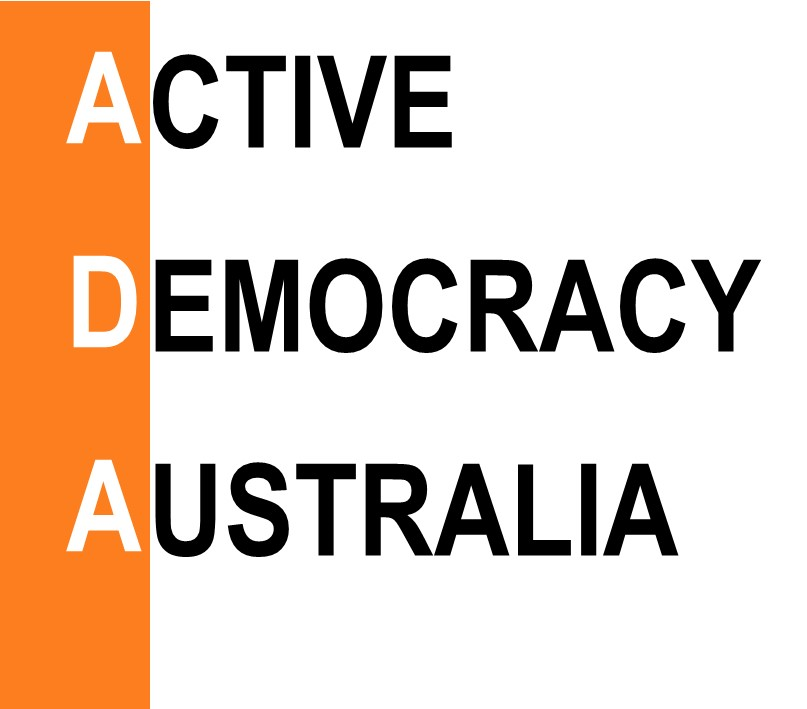Seeking to elect an independent MP
This is an option, one that many existing electorate action groups have favoured to date.
Indi, and then Warringah, began the current run of community independents. In the 2022 federal election many more electorates organised and six further electorates elected community independents.
Active Democracy Australia believes that, to achieve better political representation, this is one strategy among many that should be considered.
It would be good for democracy in Australia if there were more independents. They tend to be very responsive to constituents, and to be strong, independent voices in Parliament. They may gain the balance of power, either by themselves or with other independents or small party MPs, which gives them much greater scope to effect change.
In the 2022 Election 10 independents were elected. This is a big increase on the three elected to the previous parliament, and is one indication of the diminishing support for the major parties. But about nine times this number of independents stood for election, so it is by no means easy for independent candidates to get elected. To the best of our knowledge, no democracies in the world have legislatures with more than a small proportion of independents. (Ireland is a stand-out, having 19 independents, or 12% of MPs, in its lower house from 2016.) Parties are a force to be reckoned with for the foreseeable future.
Thus, we see electing independents as just one possible solution. We strongly encourage electorate groups to also consider seeking to reform how representation through party MPs works, in the ways we describe on this website. But given that we do include the option of trying to get an independent elected, we suggest that, if you are interested in this option, it’s important to address two questions:
- What are the circumstances in which seeking to elect an independent is most likely to be successful?
- How should it be done?
The circumstances under which seeking to elect an independent is most likely to be successful
Interestingly, and counterintuitively, independents tend to get elected in previously safe seats. This may be because, if one party is dominant election after election, its MP may take the seat for granted and be unresponsive to constituents’ views and needs, while the other major party’s candidate is not considered a serious contender. So voters tired of being taken for granted are likely to be more open to a third option. Conversely, though, this history tells us that more marginal seats are highly unlikely to elect anyone other than a major party candidate.
But the person standing for election and the campaign support they receive are also critically important. Independents who do get elected tend to have at least one, and generally more, of the following factors in their favour:
- They were publicly prominent before standing for the seat.
- There was an unusually high level of disapproval of the existing MP or their party in the seat.
- There was a large and effective community campaign behind them.
- They had previous experience as a state MP in the same locality.
Thus, if some of these circumstances are, or can be, replicated in your electorate, you will have more chance of getting an independent elected, but it will still be far from certain or easy.
How to increase your chances of electing an independent
For an object lesson in how to maximise your chances of electing an independent, you can’t go past looking at the seat of Indi. Conservative parties had continuously and comfortably held this seat since 1931. However, by 2012 there was considerable dissatisfaction with the incumbent Liberal MP, who was considered to have little interest in constituents’ needs and views. As a result, a group of constituents started Voices for Indi and got people involved in kitchen table conversations, with over 400 people participating.
A report was then produced on how conversation participants said they wanted to be represented, and, with a still unresponsive MP, the group decided to endorse and campaign for an independent candidate, Cathy McGowan. About 600 volunteers then campaigned for Cathy in the 2013 election – a campaign that had an emphasis on enjoyable social interaction and local culture – and she won the seat narrowly. She won more comfortably in 2016 – with the aid of 800 volunteers – and then, on Cathy’s retirement, another community endorsed independent, Helen Haines, won the seat in 2019 with the help of 1700 volunteers, and won again in 2022. Both Cathy and Helen were reasonably well known in the electorate.
Voices for Indi also adopted a set of guiding principles for doing politics encapsulated in The Indi Way. For further information about Voices for Indi visit the group’s website.
